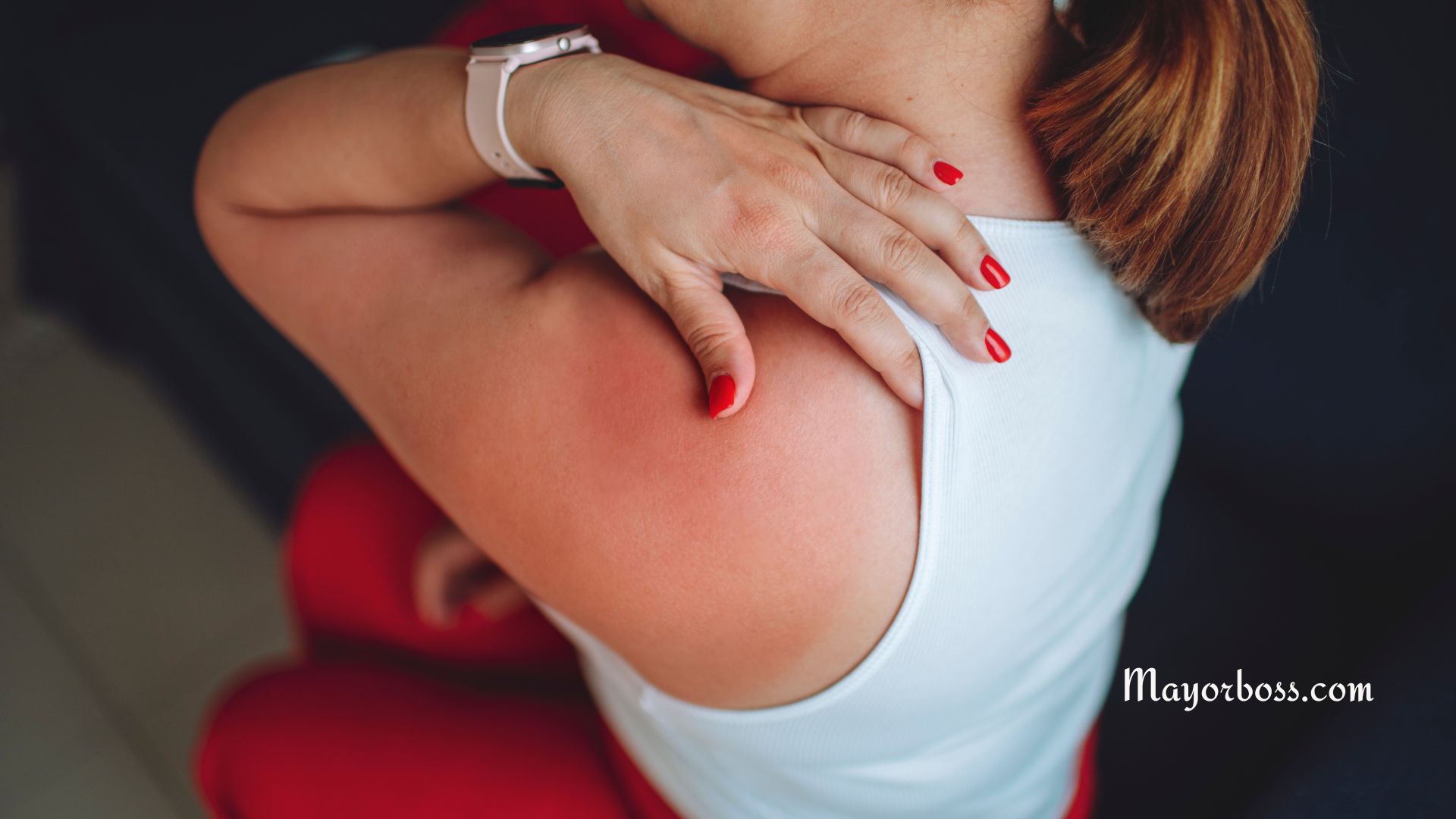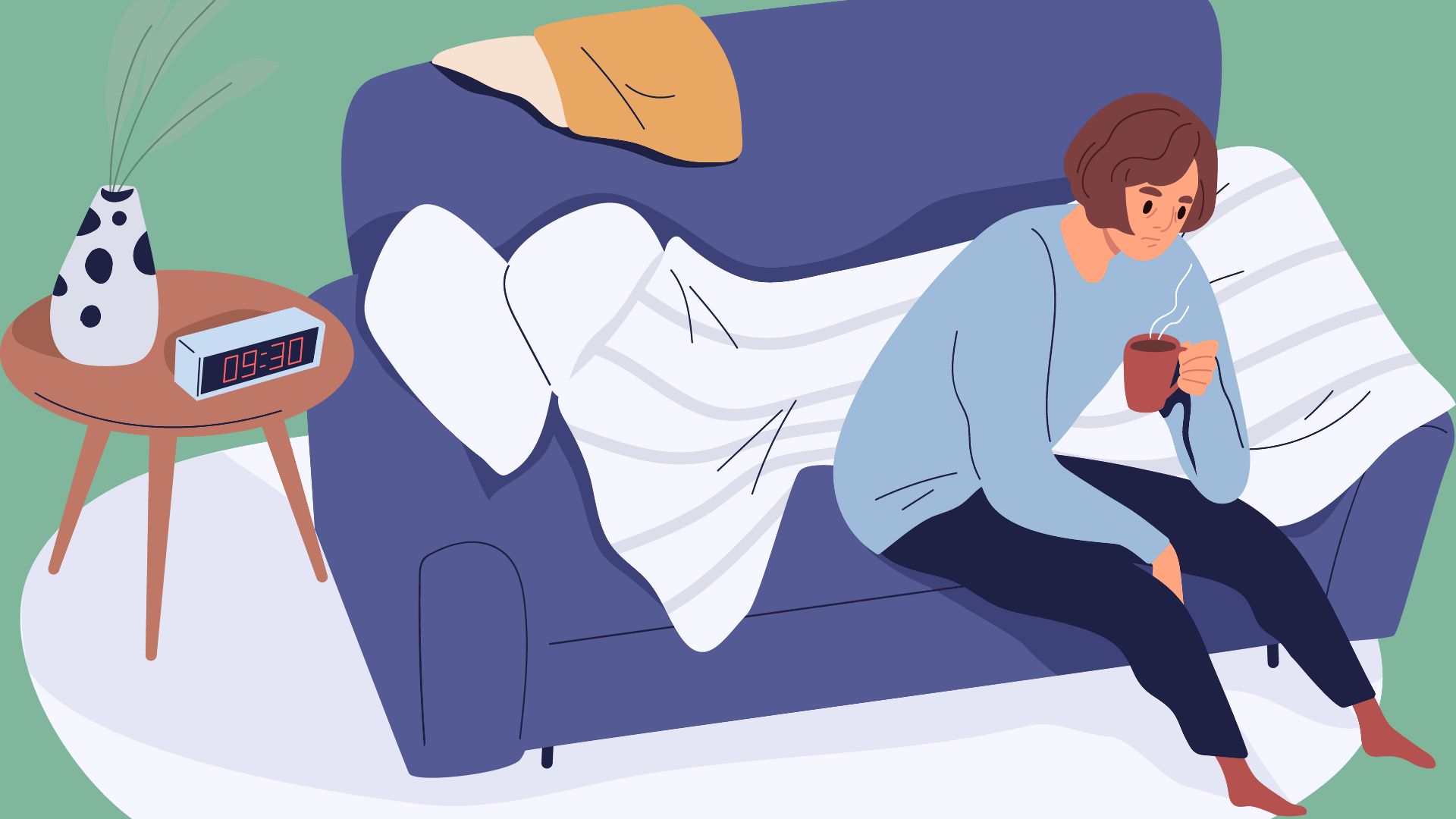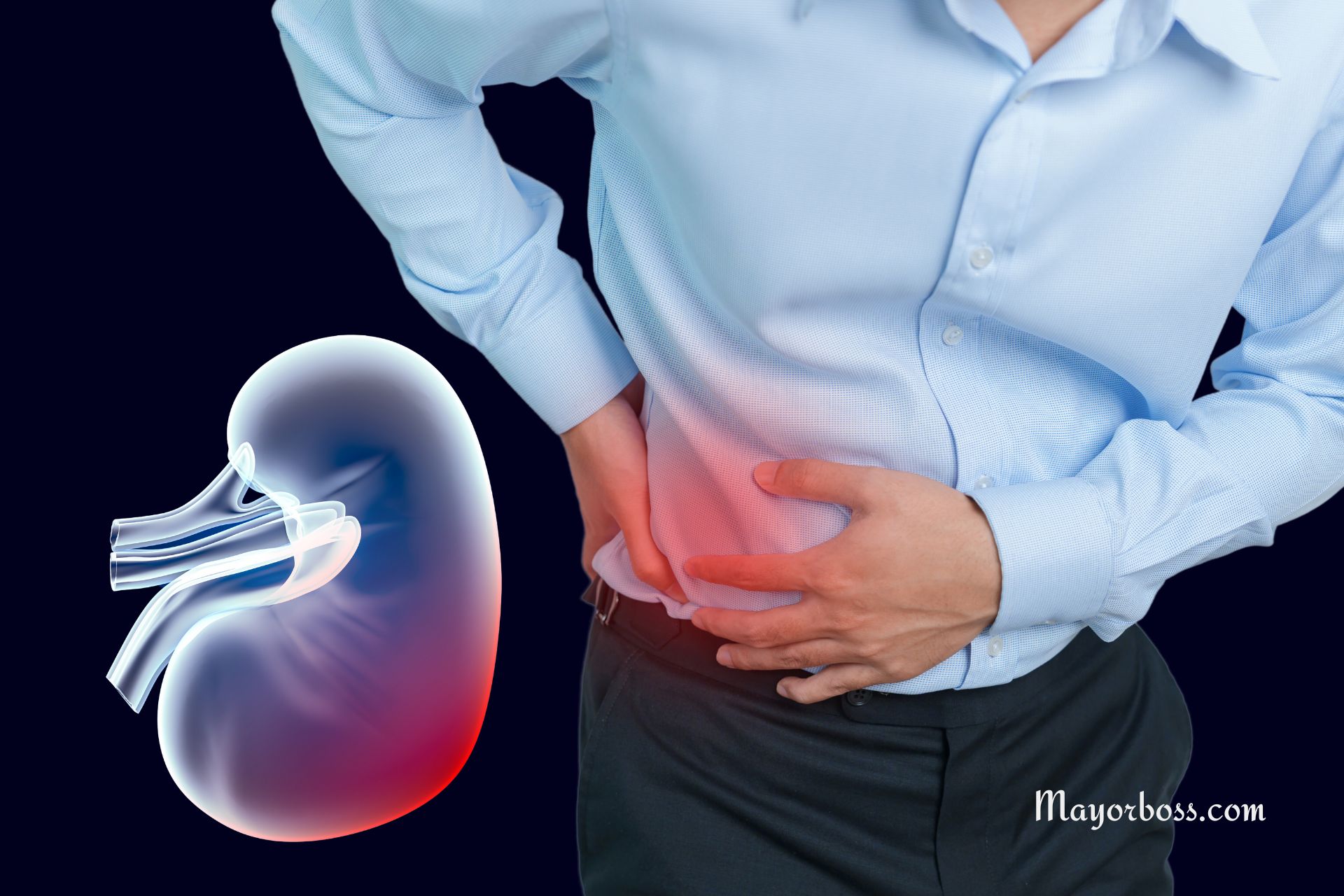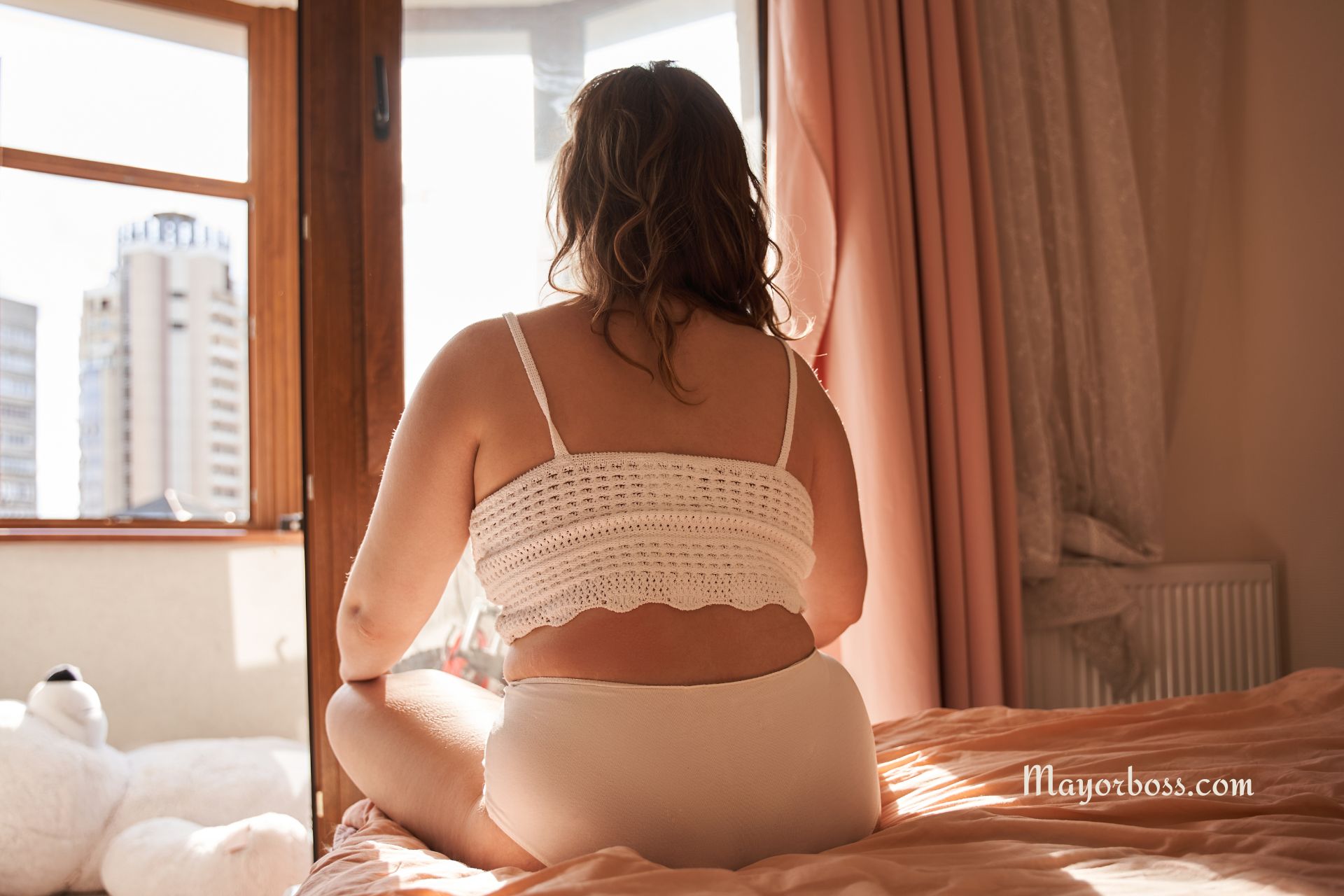The Common Breakfast Drink That Can Trigger Pooping Instantly
Drinking coffee often stimulates the urge to poop almost immediately due to its effects on your digestive system. Coffee increases movement in the colon, boosts the production of stomach acid, and triggers the release of hormones that help move waste through the intestines.
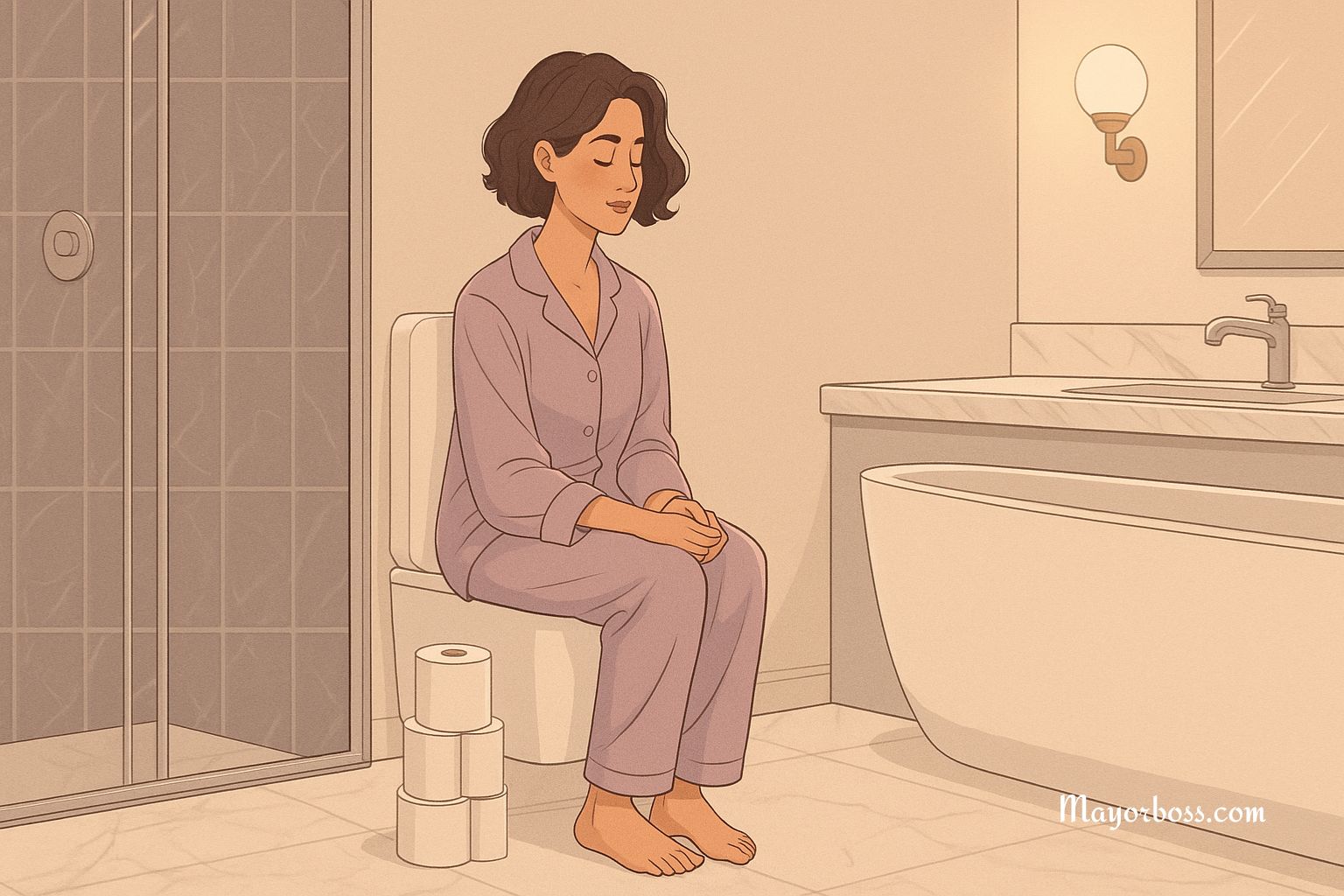
Many people notice that they need to visit the bathroom shortly after drinking their morning cup of coffee. You are not alone in this experience. In fact, it is one of the most common effects of this popular breakfast drink.
The main reason for this sudden urge lies in how coffee interacts with your digestive system. Let’s look at what happens after you take that first sip.
How Coffee Affects Your Digestive System
When you drink coffee, it begins working on your digestive system in several ways:
1. Stimulates Colon Movement
Coffee is well known for speeding up the movement of your colon. This movement is called peristalsis. It helps move waste through your large intestine toward the rectum.
Researchers have found that both regular and decaf coffee can make your colon contract more actively. This means it is not just the caffeine in coffee that causes this effect. Other compounds in coffee, such as chlorogenic acids, may also play a role.1 2
2. Increases Gastric Acid Production
Coffee can increase the amount of stomach acid your body produces. This acid helps break down food, but it can also make the stomach empty faster. When your stomach empties more quickly, your intestines start working sooner, which may lead to a faster need to poop.
3. Triggers the Release of Certain Hormones
Coffee encourages your body to release hormones like gastrin and cholecystokinin. These hormones help move food and waste through your intestines. Gastrin, in particular, increases the movement in your colon, making you more likely to have a bowel movement soon after drinking coffee.
4. Acts as a Mild Laxative
For some people, coffee works as a natural, mild laxative. This effect is more noticeable in some individuals than others. Scientists estimate that up to 30% of people experience a strong urge to poop after drinking coffee.3
Is It Only the Caffeine?
Many assume caffeine is the sole reason for coffee’s laxative effect. However, studies show that even decaf coffee can stimulate the colon. This suggests that other compounds in coffee, along with the warmth and acidity, all contribute to its digestive impact.
Does This Happen to Everyone?
Not everyone feels the urge to poop after drinking coffee. Our bodies all react differently. Factors such as genetics, gut health, and even your daily routine can influence how your body responds to coffee.
If you do experience the need to visit the bathroom quickly after coffee, it is perfectly normal and usually harmless. If you don’t, that is normal, too.
Other Breakfast Drinks That Can Have a Similar Effect
While coffee is the most famous drink for triggering a quick trip to the bathroom, other breakfast beverages may have a similar impact. For example, warm water with lemon, hot tea, or even certain fruit juices can sometimes stimulate bowel movements. These drinks hydrate your digestive system and may encourage your gut to get moving.
Is Coffee Good or Bad for Your Bowels?
In moderation, coffee is generally safe for most healthy adults. Its mild laxative effect can actually help people who struggle with occasional constipation. However, drinking too much coffee can sometimes lead to stomach upset, diarrhea, or dehydration due to its diuretic properties.
If you notice that coffee causes severe cramping, pain, or diarrhea, you may want to limit how much you drink or discuss your symptoms with a healthcare provider.
Can You Rely on Coffee to Poop Every Day?
While many people use coffee as part of their morning routine to help with regularity, it’s not recommended to rely only on coffee for healthy bowel movements. A balanced diet high in fiber, regular exercise, and adequate hydration are much more important for your gut health.
Using coffee as a daily “bathroom trigger” can sometimes mask underlying problems like poor diet, dehydration, or gut conditions that may need medical attention.4
Tips for Healthy Bowel Movements
If you’re looking for ways to support regular bowel movements, consider these tips:
- Drink plenty of water throughout the day.
- Eat a diet rich in fiber, including fruits, vegetables, and whole grains.
- Exercise regularly to help keep your digestive system active.
- Try to establish a regular bathroom routine.
When to See a Doctor
Occasionally needing coffee to get things moving is usually not a cause for concern. However, if you experience ongoing constipation, diarrhea, or other digestive issues, it is important to speak with your doctor. Persistent changes in bowel habits can sometimes signal underlying health problems that need attention.
The Bottom Line
Coffee is a common breakfast drink that can make you need to poop almost instantly. This effect happens because coffee stimulates your colon, increases stomach acid, and triggers hormone release that speeds up digestion. While it can be helpful for some, it’s best to focus on healthy eating, hydration, and exercise for regular bowel movements.
Frequently Asked Questions
1. Why does coffee make me poop so fast?
Coffee stimulates colon movement and increases stomach acid, both of which help move waste through your digestive system quickly.
2. Does decaf coffee have the same effect?
Yes, decaf coffee can still trigger bowel movements, although the effect may be slightly weaker than regular coffee.
3. Can tea make me poop like coffee does?
Some teas, especially those with caffeine or herbal ingredients like senna, can also stimulate bowel movements, but usually less strongly than coffee.
4. Is it bad to use coffee as a way to poop every morning?
Occasional use is fine for most people, but relying on coffee every day may mask other digestive problems. Focus on diet and lifestyle for long-term gut health.
5. Should I stop drinking coffee if it makes me poop too much?
If you experience diarrhea or cramping, try reducing your coffee intake or switching to a milder beverage. If symptoms persist, consult your healthcare provider.
References:
- https://www.ncbi.nlm.nih.gov/pubmed/2338272 ↩︎
- https://www.ncbi.nlm.nih.gov/pubmed/9581985 ↩︎
- https://www.sciencefocus.com/the-human-body/why-does-coffee-make-me-need-a-poo ↩︎
- https://my.clevelandclinic.org/podcasts/health-essentials/why-does-coffee-make-you-poop-with-dr-christine-lee ↩︎

